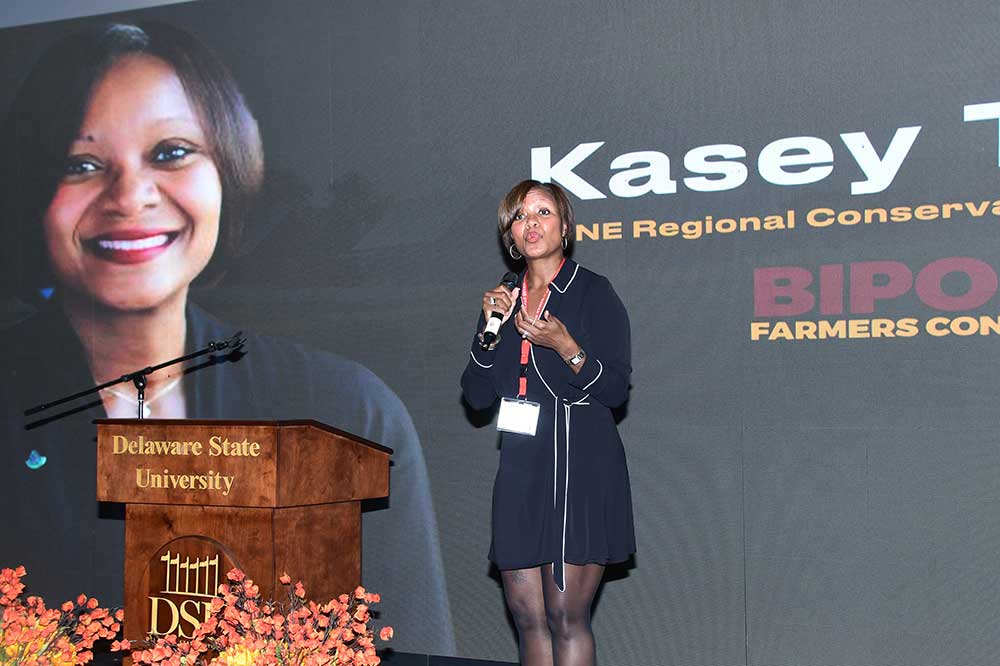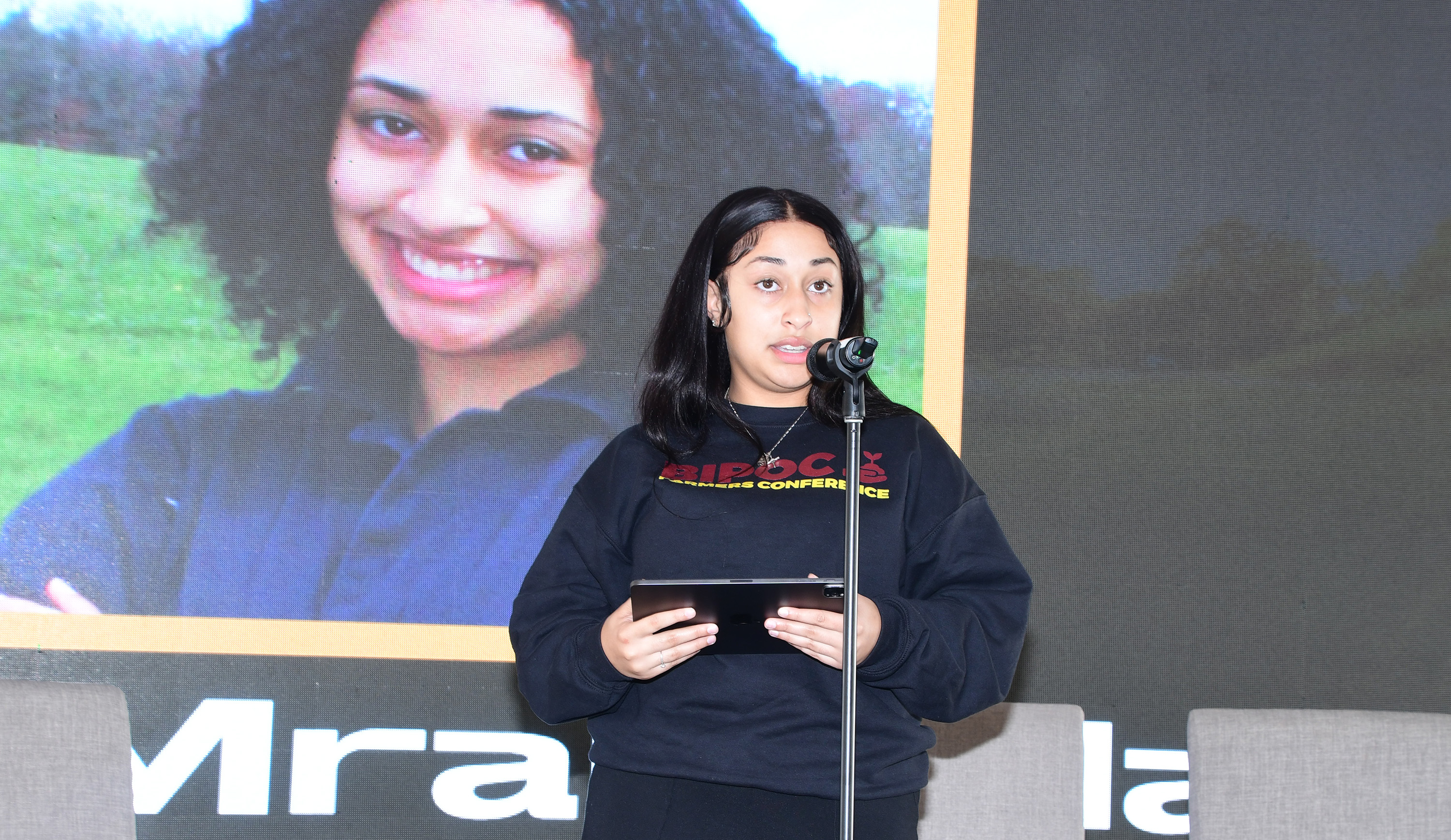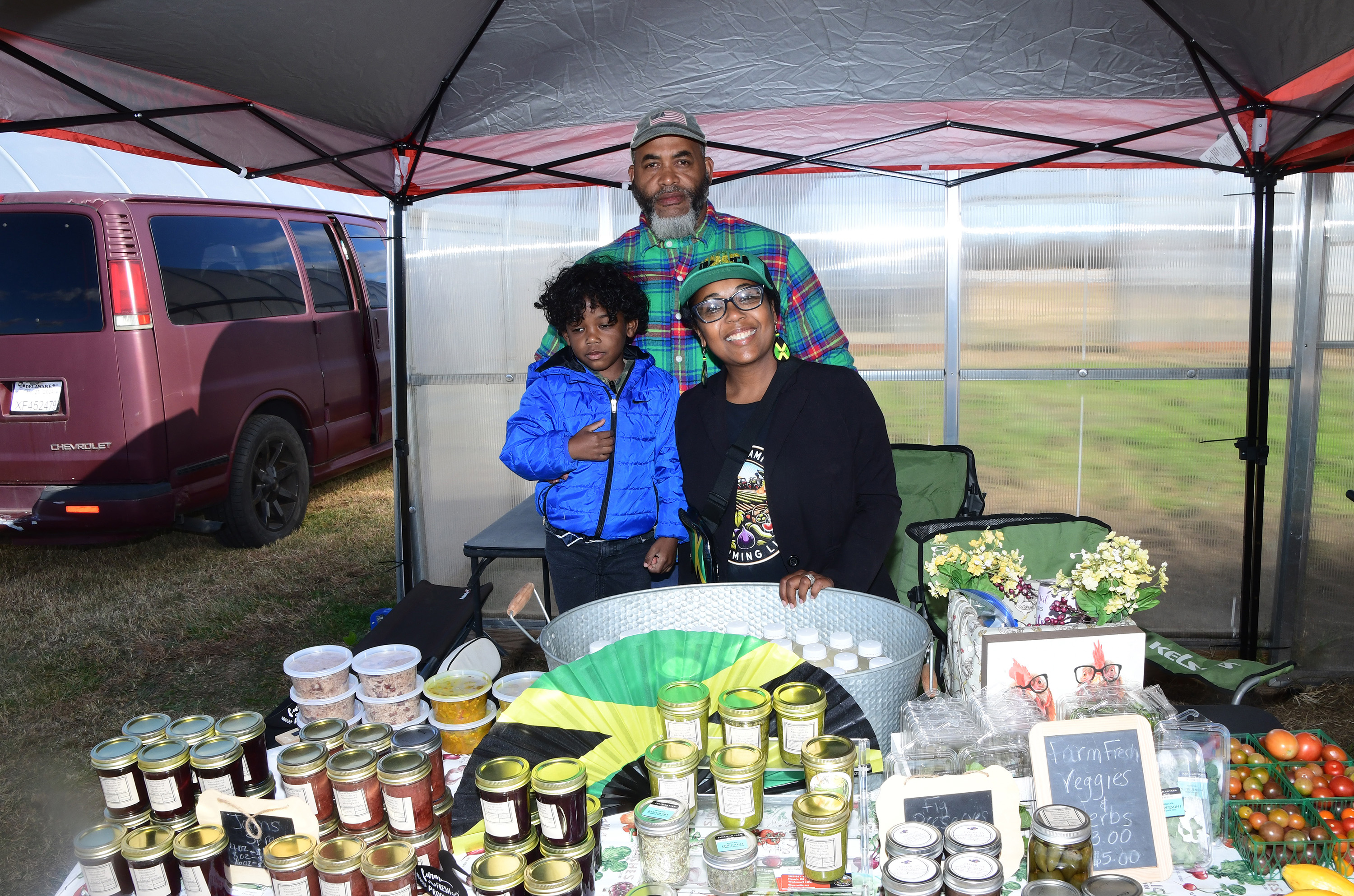
2nd annual BIPOC Farmers Conference held at DSU
Delaware State University’s College of Agriculture, Science, and Technology (CAST) recently brought together a group of farmers, students, community leaders and industry expert for its 2nd annual Black Indigenous People of Color (BIPOC) Farmers Conference.
For images from the Conference, click on the below link:
Held on Nov. 12-13, the BIPOC Farmers Conference represented an expansion of the focus group last year’s inaugural conference, which engaged African American farmer.
Dr. Cherese Winstead, Dean of CAST, said this year’s conference was designed to attract others indigenous group that are involved in farming. This year there were farmers from the Lenape Tribe of Delaware, Korean farming organizations, as well as the Hispanic Chamber of Commerce that participated in the conference. Attendees received a wealth of information from USDA officials, and access educational awareness was promoted concerning how to advance and to increase farming.
“It is important that we embrace all people of color when it comes to how to advance their agriculture operations,” Dr. Winstead said.
The first day of the Conference took place in the DSU Research Farm on the southeast outskirts of Smyrna, Del. At that site, keynote addresses were given by Delaware Secretary of Agriculture Michael Scuse and John Boyd Jr., the President of the National Black Farmer’s Association.
The first-day conference events at the DSU Research Farm a panel discussion on “Farmers and Mental health,” a presentation on “How to Capitalize on Local Resources,” technology exhibitions and a Middle/High School Drone competition.
The second day of the Conference took place on the DSU campus at the Martin Luther King Jr. Student Center. It featured workshop session on farm financing, beginning and seasoned farmers, and there were presentations about USDA service, and local farming success stories.
Robert D. Burnett from Houston, Del., is maintaining farm property with his father-in-law. He praised the University for conducting the conference.
“The information you are getting here is so valuable for us to hold on, even if you have nothing but a quarter of an acre, you know you can grow crops,” Mr. Burnett said. “This Conference gives you the information, the contact people that have it. I was here last year for the first Conference.”

